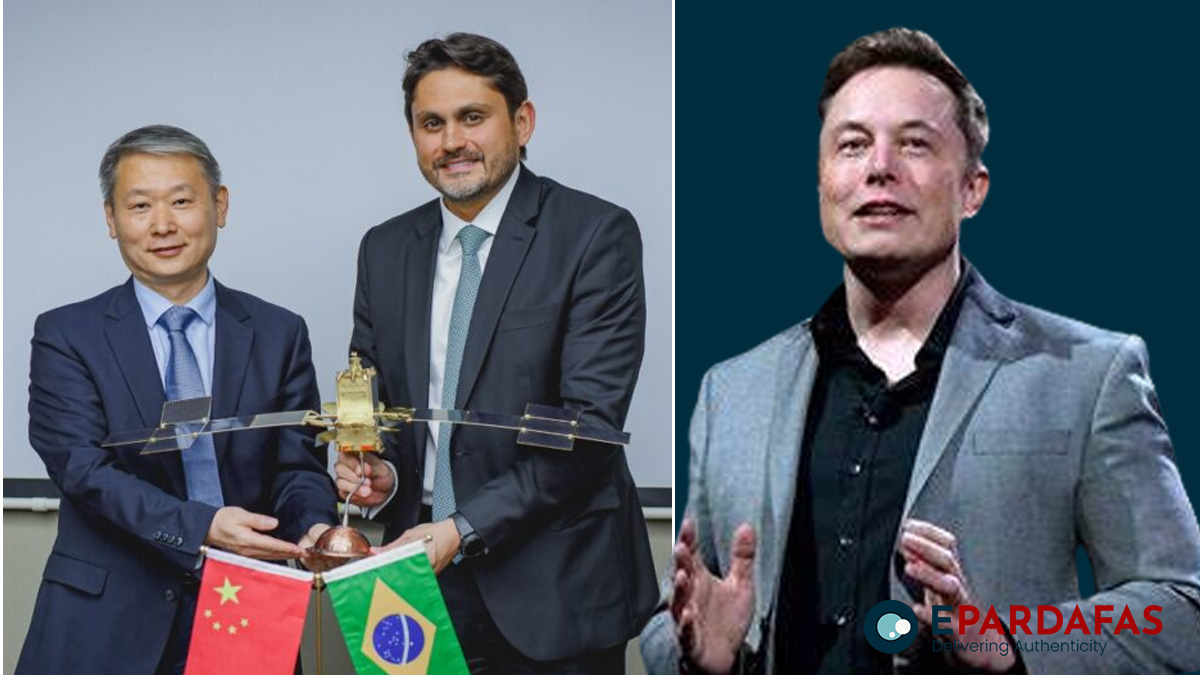
China’s SpaceSail Enters Brazilian Market to Challenge Starlink
China’s low Earth orbit (LEO) satellite company, SpaceSail, announced its entry into the Brazilian market through a memorandum of understanding signed with Brazilian state telecom company Telebras. The agreement, unveiled during Chinese President Xi Jinping’s state visit to Brasilia, aims to provide satellite communication and broadband Internet services in Latin America’s largest country.
The partnership was among several accords signed during President Xi’s discussions with Brazilian President Luiz Inácio Lula da Silva, following the recent G20 summit in Rio de Janeiro.
A Strategic Move
SpaceSail’s foray into Brazil marks the company’s first overseas expansion and positions it as a competitor to Elon Musk’s Starlink. Starlink, a SpaceX venture, operates over 6,000 LEO satellites globally, offering broadband services to consumers, corporations, and government agencies.
LEO satellites, which orbit between 300 km to 2,000 km above the Earth, provide faster transmission and lower costs than higher-orbit satellites. SpaceSail’s “Thousand Sails Constellation” is a massive satellite network designed with multi-frequency-band, multi-layer, and multi-orbit capabilities.
Brazil’s Growing Satellite Needs
The agreement comes as Brazil seeks alternatives to Starlink, particularly after the country’s Supreme Court temporarily froze the company’s bank accounts over unpaid fines related to its parent company, X (formerly Twitter).
Brazilian Communications Minister Juscelino Filho emphasized the need for competition, stating:
“We want Brazilian society to have more options for this essential service, especially in remote areas.”
Starlink’s existing clientele in Brazil includes the armed forces, but SpaceSail aims to tap into underserved regions and compete for government contracts.
China’s Satellite Ambitions
China has launched 1,059 satellites, including 492 commercial ones, according to state news agency Xinhua. With the Thousand Sails Constellation and other projects, Chinese firms are vying to match Starlink’s mega-constellation model by deploying thousands of satellites.
Geopolitical Implications
SpaceSail’s move comes amidst China’s growing interest in countering Starlink’s influence. Chinese researchers, including those in the People’s Liberation Army, have studied Starlink’s deployment in Ukraine, raising concerns over its strategic impact in potential conflicts involving the United States.
The agreement underscores China’s ambitions in the global satellite industry and its strategic focus on Latin America, a region historically dominated by U.S. and European firms.













Comments